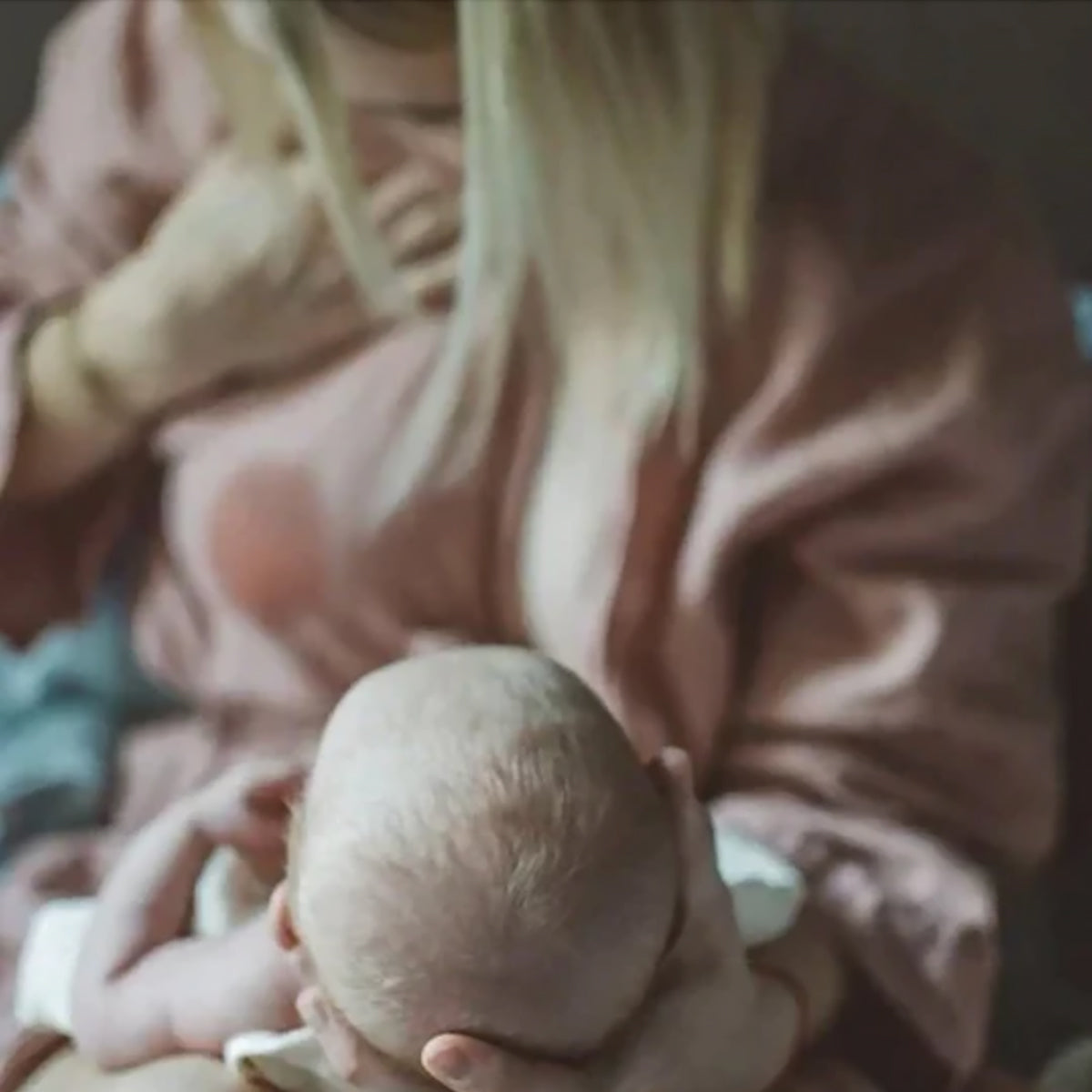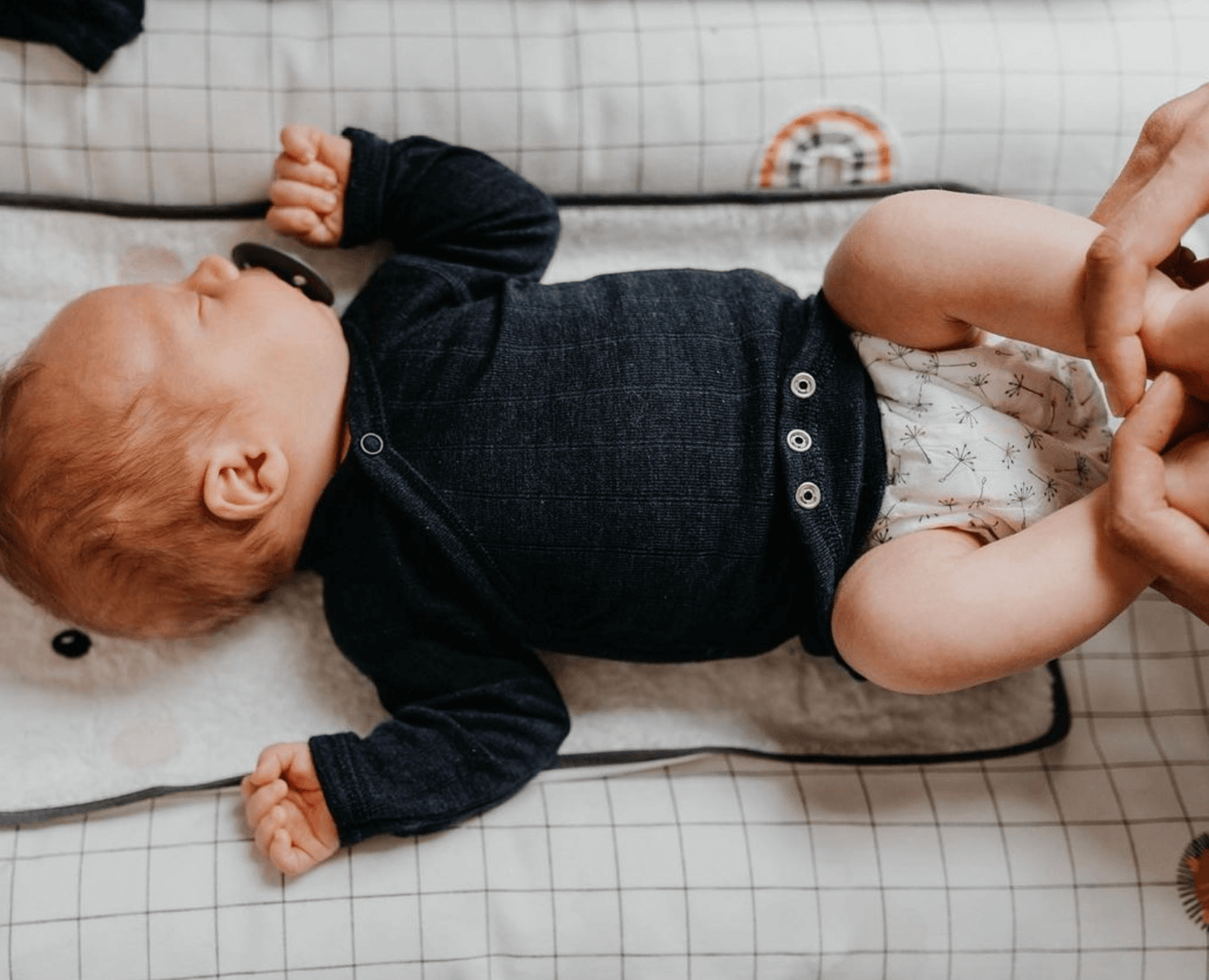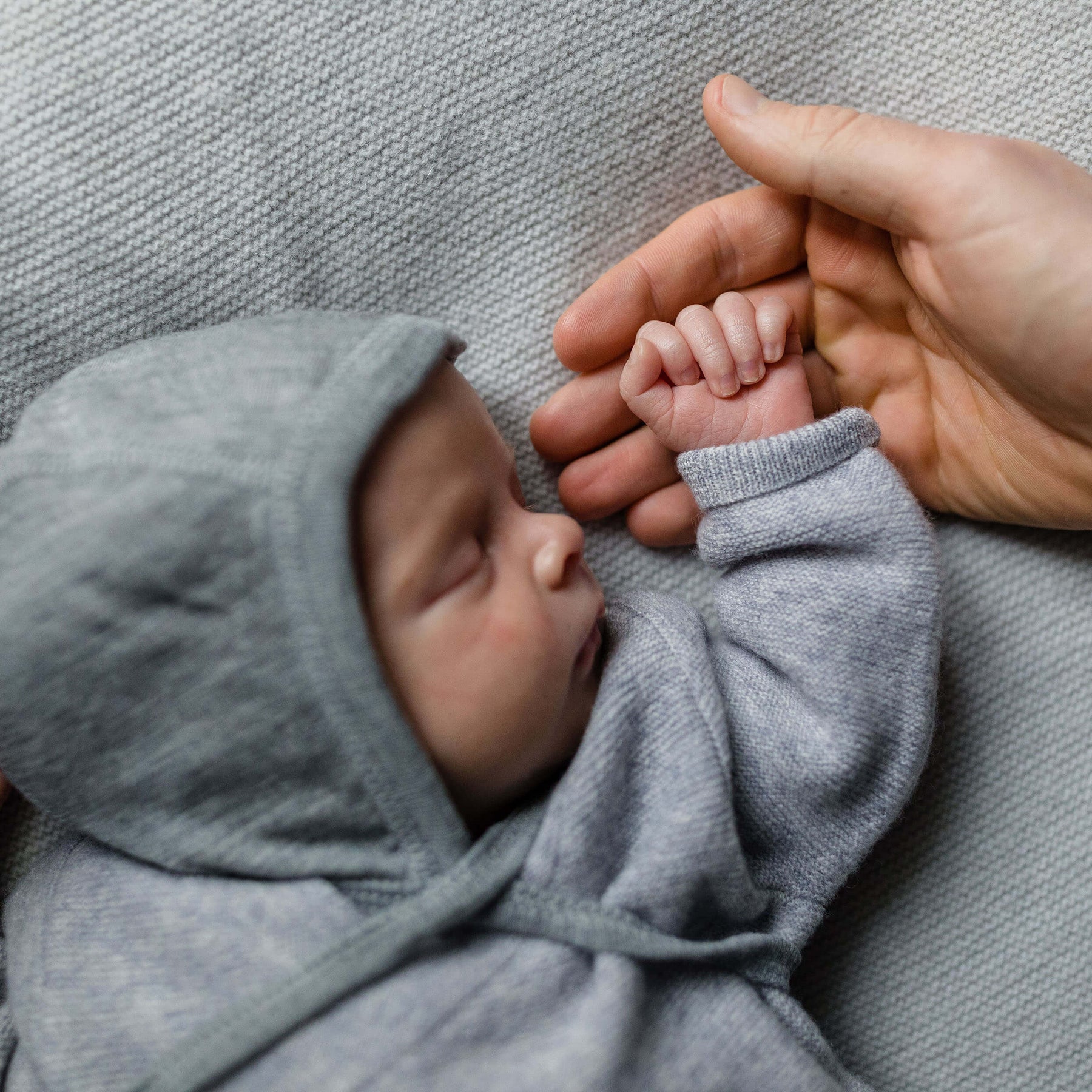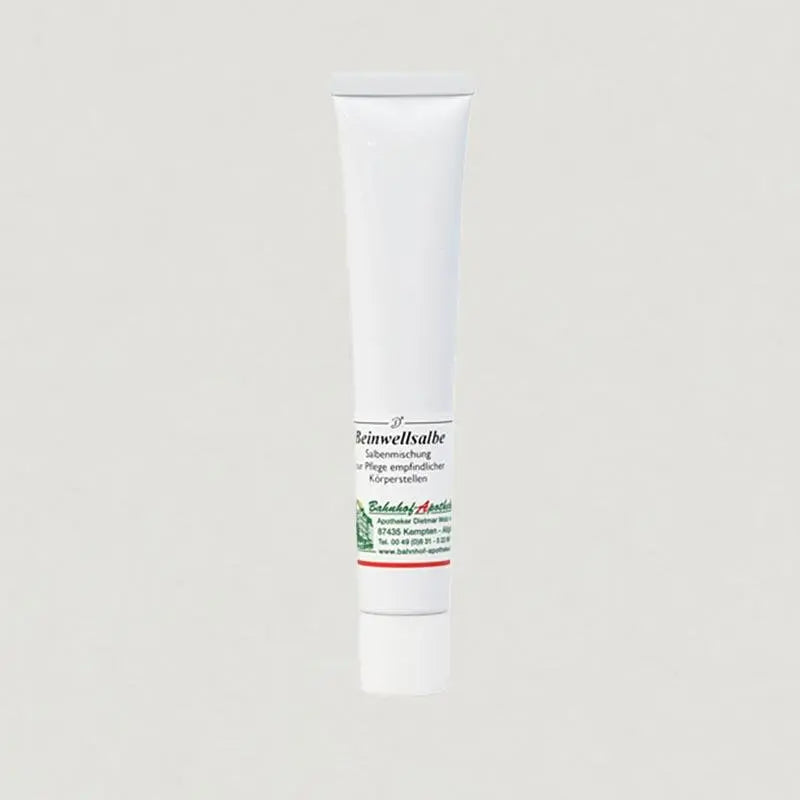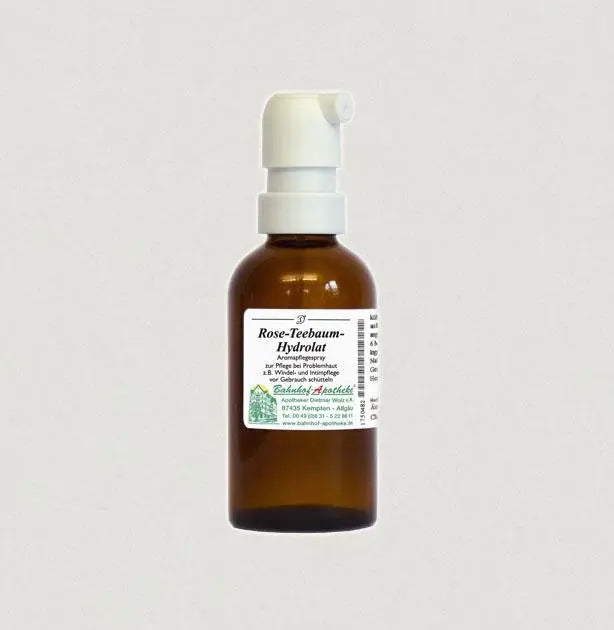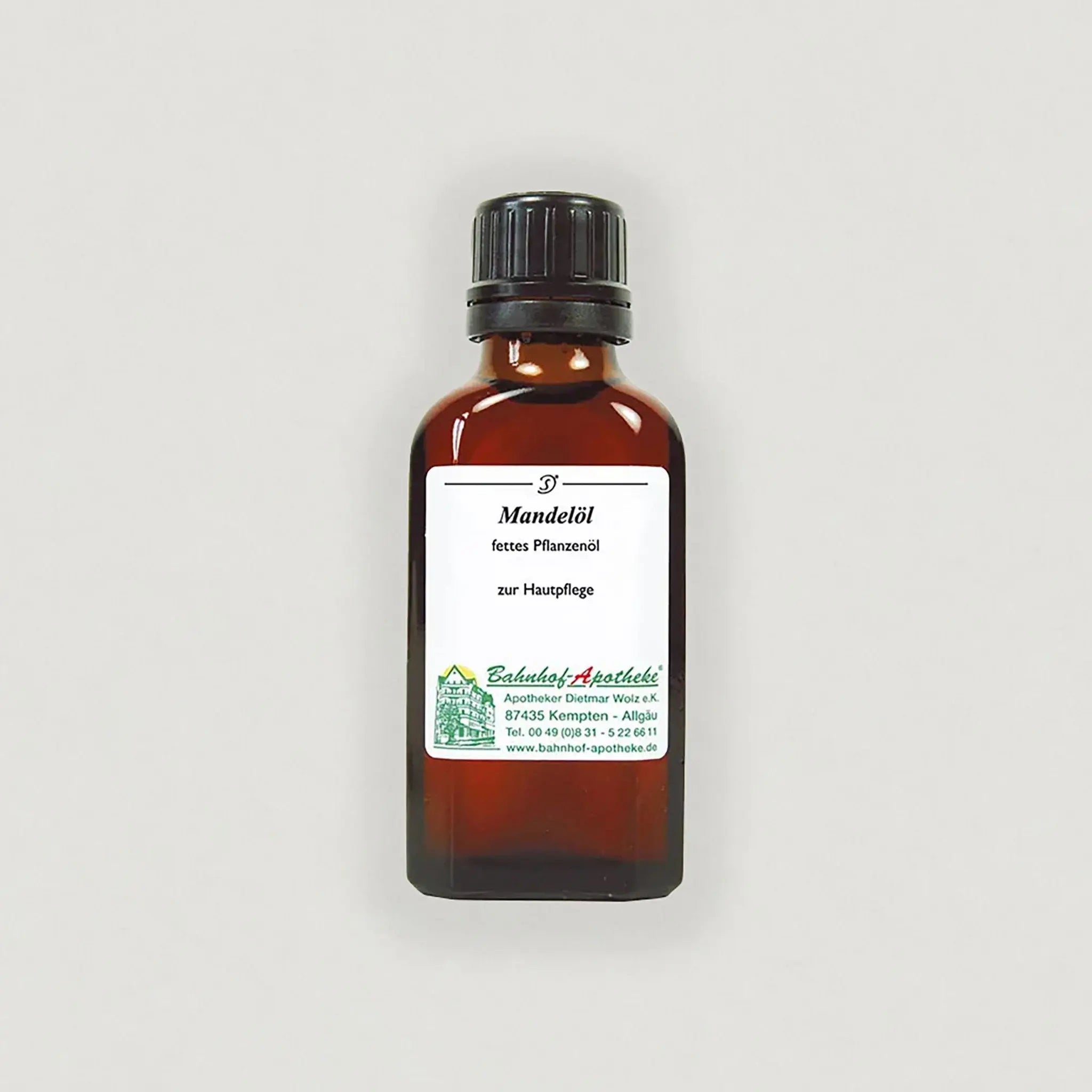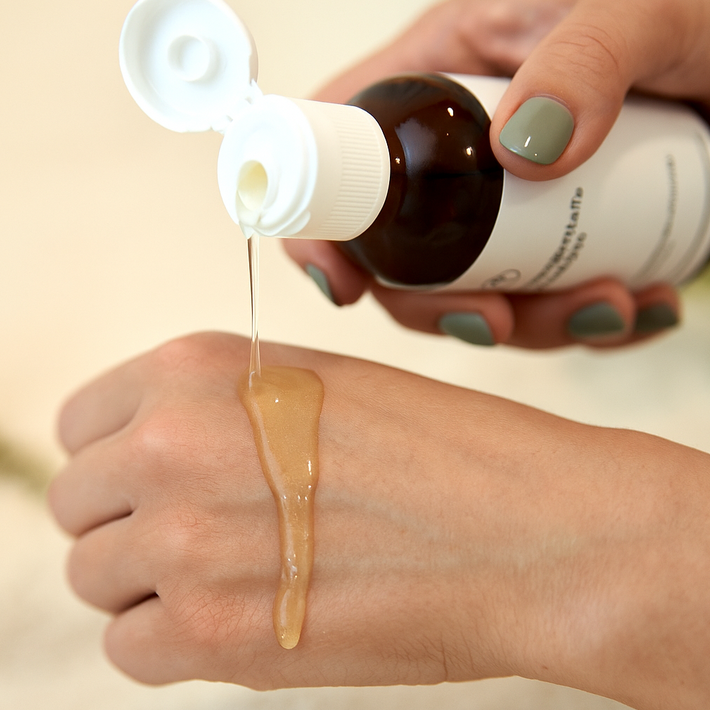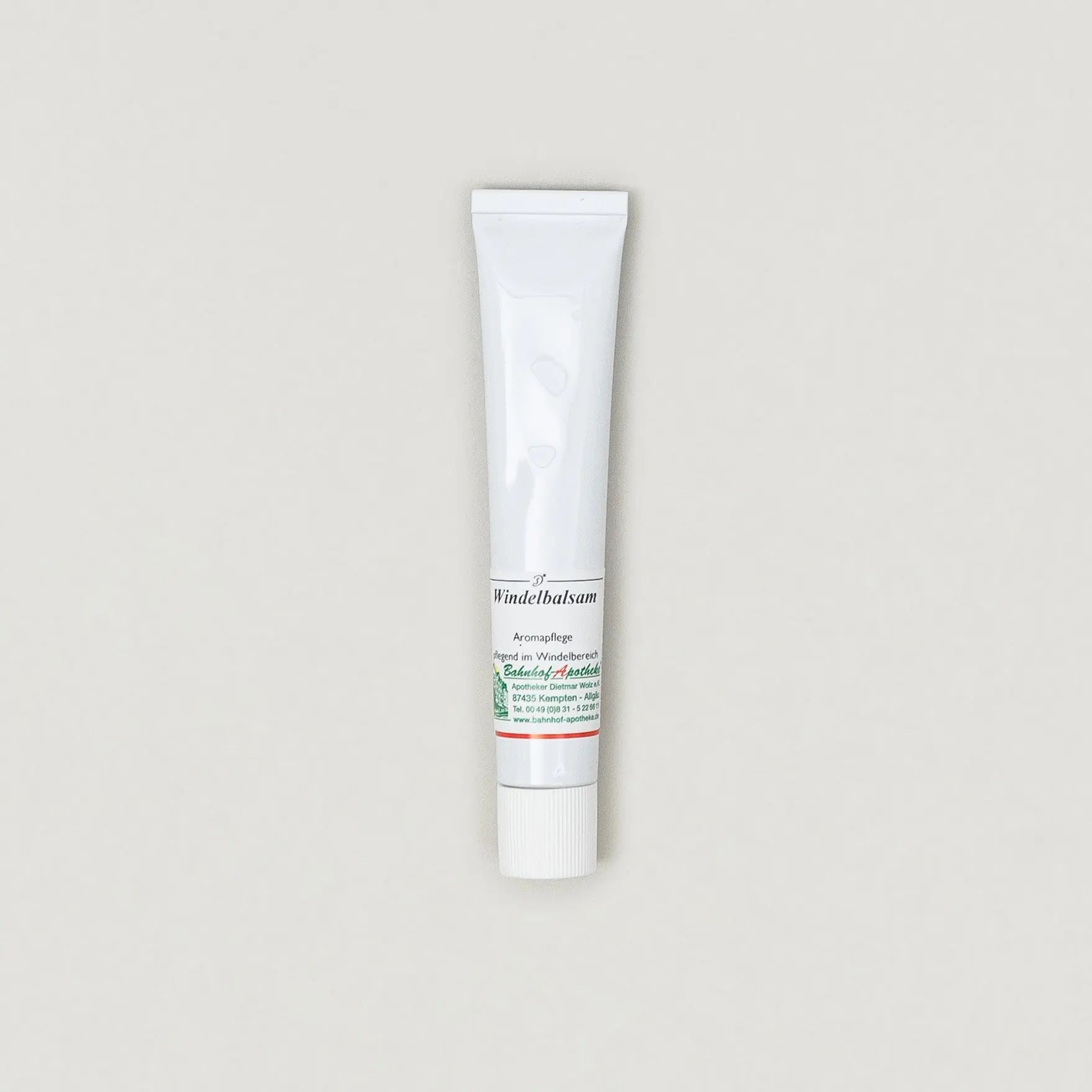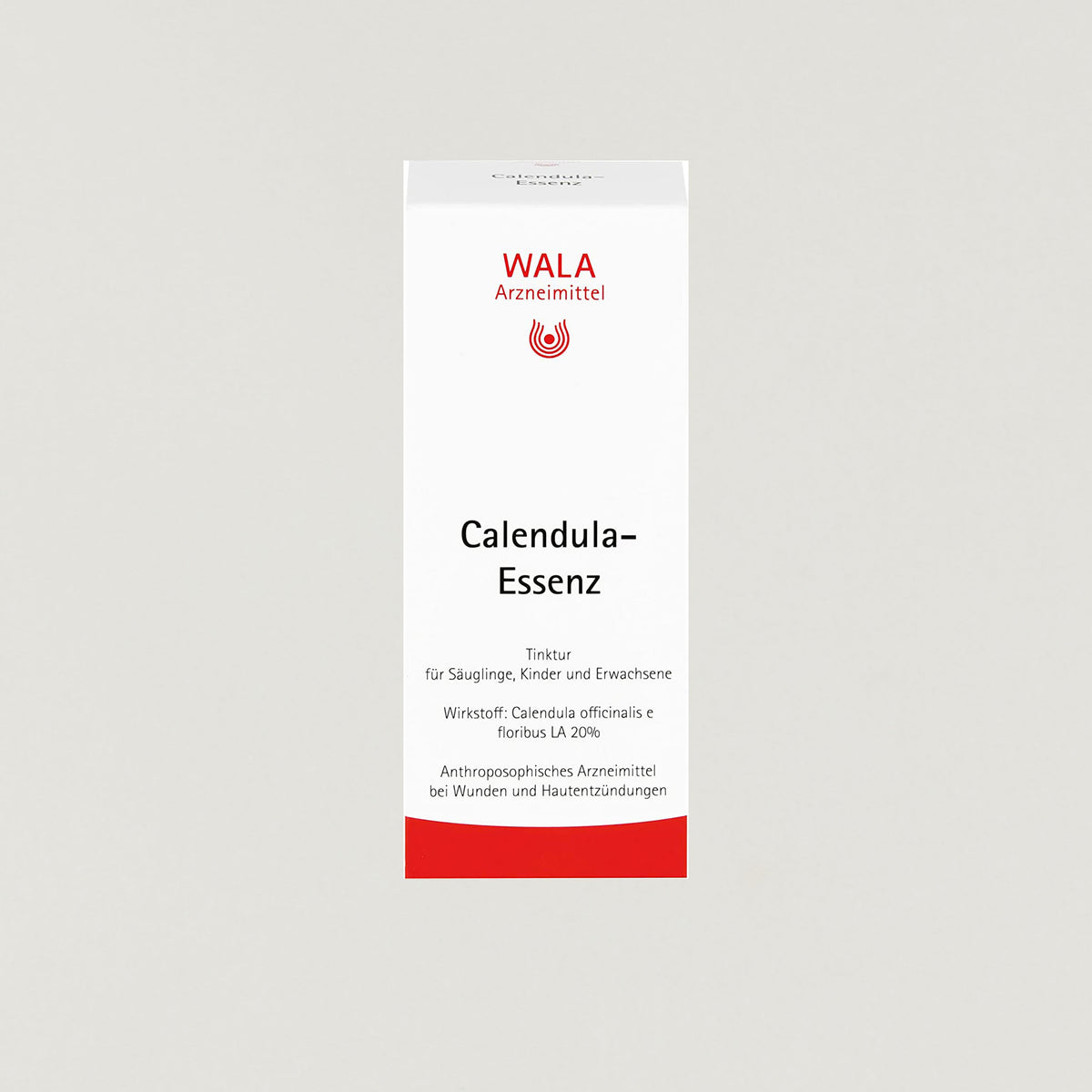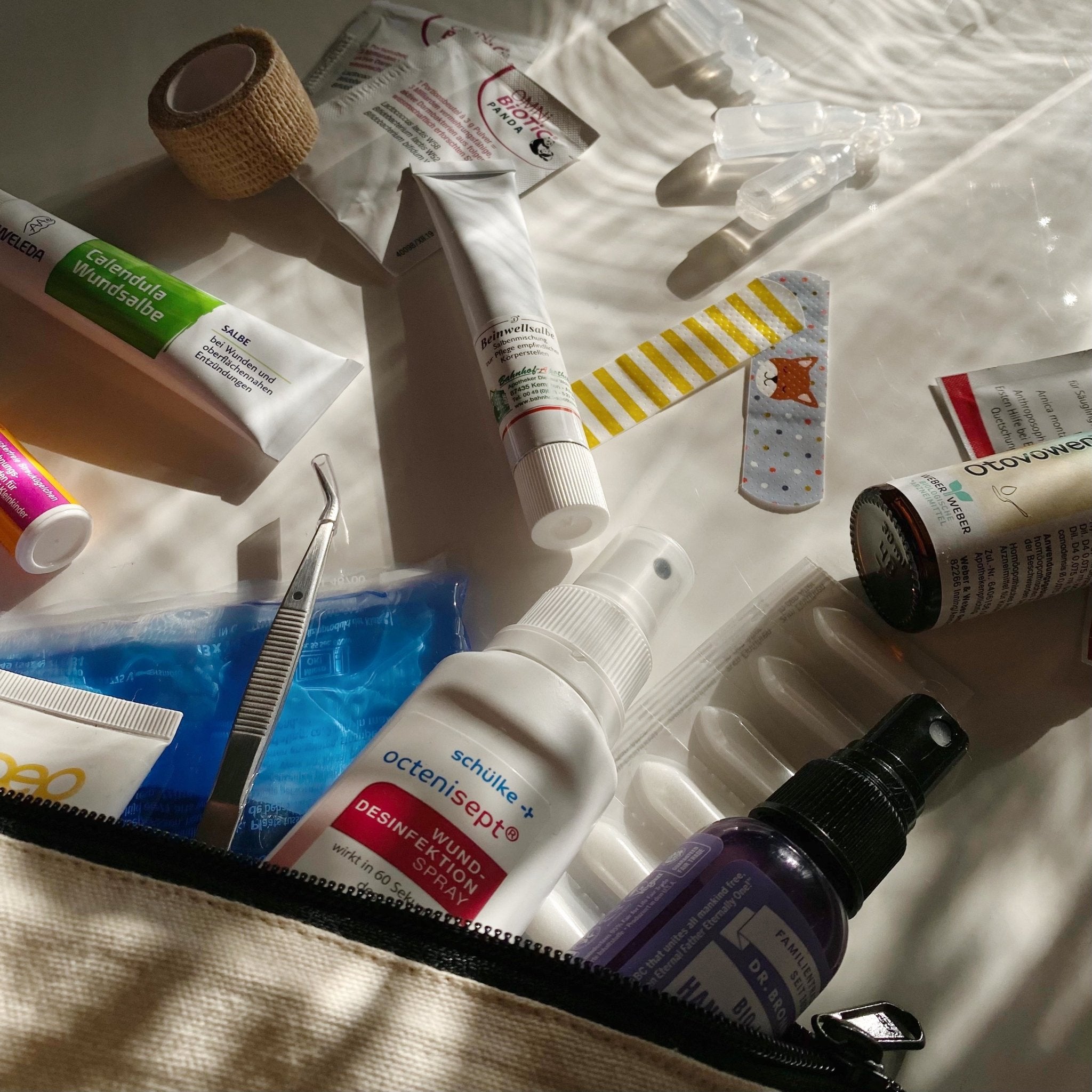The most important things in brief
Babys’ skin is particularly sensitive – so when it comes to care, less is more.
In this article you will learn: How to properly care for delicate baby skin, what to look for in care products, how to gently and hygienically care for the navel, when you can start cutting fingernails and how to keep the diaper area healthy.
Ideal for anyone who wants a simple, natural and safe baby care routine.
Introduction to baby care
Let's be honest: Choosing the right newborn essentials can be really overwhelming - and the same applies to the right baby care products. The range of products feels endless, and yet you don’t really need much at the beginning. So before you buy everything out there in terms of oils, creams, and powders just to have the products sit on your shelves for years to come, we have put together some of the most important tips for choosing the right baby care products for you here.
In addition, these are our favourite care products for babies, which are just a part of the basic essentials. They have been thoroughly tested by us and our babies, because:
Care
Baby skin is totally different
Now it's time to take notes! Your baby's skin has totally different properties and needs than yours does because baby skin is about five times thinner than adult skin, and has not yet developed its own protective function. This makes babies extra sensitive and means more than ever that less is actually more.
After birth, most babies are initially covered with a smear of a cheese-like substance (Vernix Caseosa). This is your baby's natural protection against swelling or wrinkles while in the amniotic fluid. At birth, the protective layer serves as a natural anti-slip layer and should not be washed off. After all, it is like your baby's very first, high-quality skincare! Not only does it do a great job at protecting the skin after childbirth, but it also has an antibacterial effect and is quickly absorbed into the body. You can massage the vernix lightly into your baby's folds of skin (armpits, neck, groin), where the vernix is usually a bit thicker.
Water and washcloths: that's all you need!
If your baby's skin doesn't really need it after the birth, you can actually totally skip using any care products. A soft washcloth and lukewarm water – that’s all you really need! This allows you to gently cleanse your baby's face, body, and folds of skin so that this delicate tissue does not become irritated or sore. However, if your baby does need more care, you should look for products made from 100% natural and organic ingredients when making your choice.
Aside from that, babies don't sweat! Also, newborns and babies don't usually get nearly as dirty as they will later on as toddlers. This is exactly why a short sponge bath is good enough from the time they're two days old!
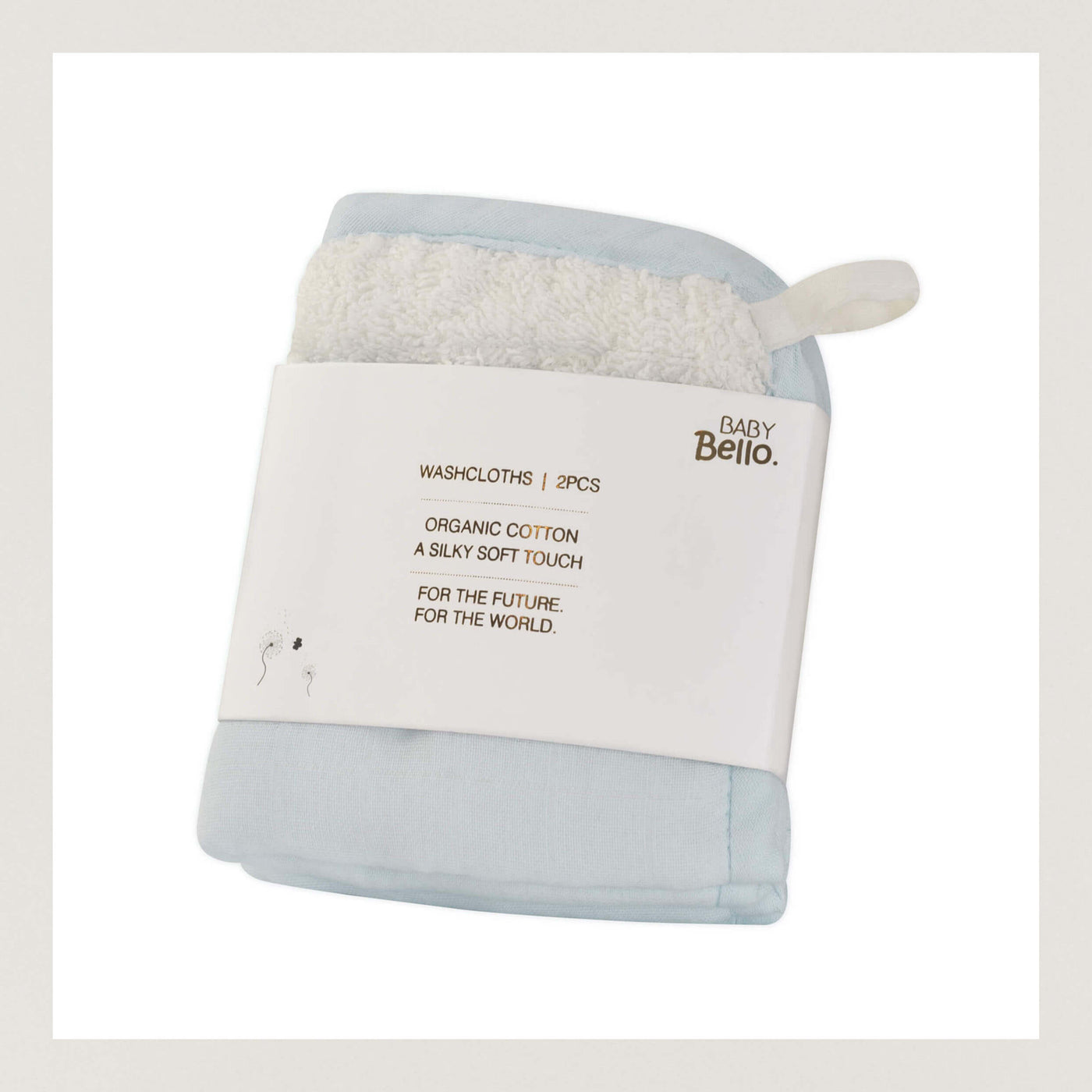
washcloth
Set of organic cotton washcloths
Almond oil - the jack of all trades
If you want to use a skincare product because you feel your baby's skin needs a little extra care, we recommend 100% pure almond oil.
Why is almond oil so good for baby skin?
Almond oil is rich in vitamin E, which acts as a powerful antioxidant and provides the skin with moisture. It absorbs quickly and soothes your baby's sensitive skin. It also has hypoallergenic properties, which means it generally doesn’t cause allergic reactions and is therefore ideal for delicate baby skin.
You can use almond oil as all-around care, for baby massage, and even for gentle cleansing. In the folds of skin around the neck, behind the ears, or in the diaper area, sebum and dirt can accumulate, and friction can easily lead to irritation. To prevent this, you can apply a little almond oil to a cotton pad or soft cloth and gently clean and care for these areas.
By the way, a few drops of almond oil also make a lovely addition to a baby bath!
Important: The water should always be around 37°C (98.6°F) – not too warm, and not too cold for your baby.

Bahnhof-Apotheke
Almond oil
Proper umbilical care
In most babies, the last bit of the umbilical cord falls off around the third to seventh day of life. But there are also babies who keep the last bit of their umbilical cord for up to 20 days, which is also completely normal. The most important thing is to always keep the small bit of umbilical cord dry. That’s why diapers should be fastened below the navel. The easiest way to do this is to fold the upper edge of your baby's diaper down once at the front. Many diaper companies even have a special cut-out for the navel on the waistbands of their size 1 and 2 diapers, to aid in the healing process
We've found success using a blend of calendula essence and water to promote healing. Just make sure to clearly follow the provided instructions for making the correct mixing ratio. You can then gently clean the base of the navel with a Q-tip. Typically, it's advisable to postpone your baby's first bath until the rest of the umbilical cord has naturally fallen off. However, if you prefer to give your baby a bath sooner than that, it's essential to make sure that the navel area is thoroughly dried afterward to prevent dampness. Your midwife and paediatrician are your go-to experts for guidance and advice in these matters.
Tip: If the navel comes loose, you may notice some light spotting. For this reason, we recommend dressing your baby in a cotton bodysuit during this time, since it can be washed with hot water.
Caring properly for the diaper area
The warm, humid climate found within a diaper can put a strain on your baby’s sensitive skin. This is where skin-friendly cleaning becomes particularly important. Basically, the same thinking applies here as it does with everything else: pure water and a soft washcloth are more than enough to gently clean the diaper area! If there is no stool in a diaper, a cotton pad with a little almond oil can also be great for cleaning this sensitive skin.
Alternatively, you can always spray a squirt of rose tea tree hydrosol (floral water) from the Bahnhof Apotheke onto this area. Rose tea tree hydrosol soothes irritated skin and aids in its regeneration.
Tip: Try to let your baby kick around freely without a diaper on while he's under a heat lamp. This lets the diaper area breathe and dry, which is particularly important for avoiding irritation and discomfort. Your baby will also love this freedom of movement.
If your baby's diaper area does, however, get irritated, baby sitz baths are a great way to reduce redness and swelling. You may have gained experience in using the sitz bath from the Bahnhof Apotheke while caring for your perineum after giving birth. As an alternative, you can use a very beneficial mixture of Dead Sea salt and a few drops of calendula essence. You can either soak your baby's bottom in it for five minutes, or use bath water instead of plain water to clean this area. Afterwards, don't forget to apply some barrier cream, for example comfrey ointment or the diaper balm , both from Bahnhof Apotheke, onto any irritated areas!
Working on the go with only water is rather cumbersome. That's why, as a great alternative, we love the sensitive wet wipes from Lillydoo, made from 99.9% water.
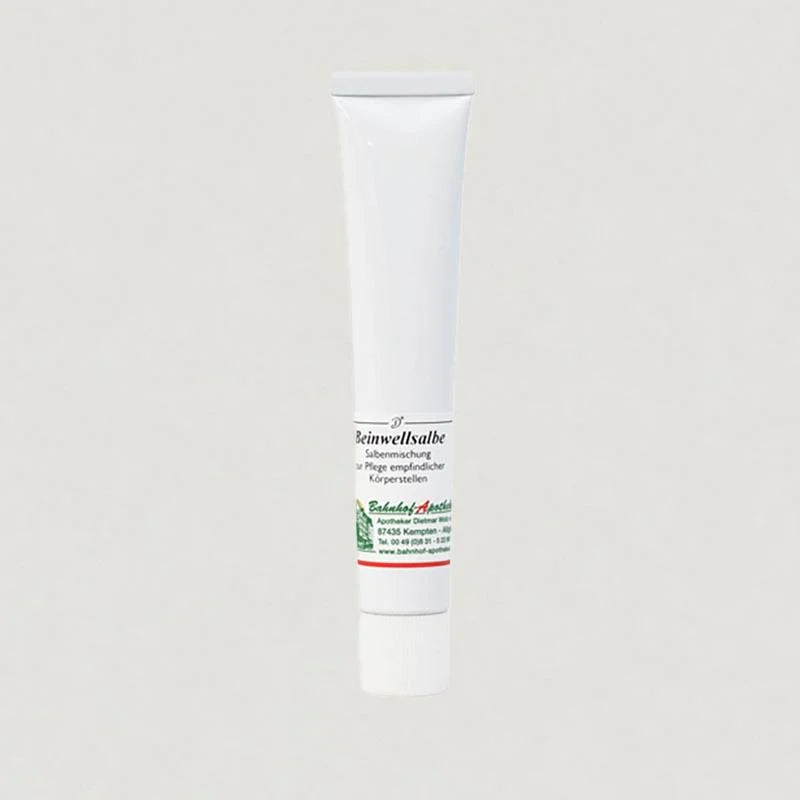
BAHNHOF APOTHEKE
Comfrey ointment
Caring for your baby's fingernails
When it comes to tending to your baby's nails, it's wise to be cautious. Navigating the delicate area between the nail and the nail bed on your newborn's tiny fingers and toes can be quite challenging. For the first four to six weeks, it's best to totally avoid trimming your baby's nails. Should your baby's fingernails grow exceptionally long and cause him to inadvertently scratch his face, you can gently "smooth out" the edges as the nails are still quite soft.
While gloves might seem like a solution, they can hinder your baby's ability to explore and connect with their own body and surroundings, which is crucial for their development. Your midwife is always available to provide guidance if you're not sure.
As your baby's nails grow longer, you can choose to trim them later using baby nail scissors. It's better to do this when your baby is asleep or nursing, to ensure minimal movement. Opt for nail scissors with rounded tips to prevent any accidental self-inflicted nicks from their fidgety fingers.
FAQ
Immediately after birth – but very gently. The natural vernix on your baby's skin acts as an initial moisturizer and should not be washed off, but massaged in.
Less is more: lukewarm water, a soft washcloth, and perhaps a little natural almond oil are usually sufficient. Avoid fragrances or synthetic additives if possible.
Apply a little almond oil to a cotton pad or soft cloth and gently massage it into the affected skin folds – for example, on the neck, behind the ears, or in the diaper area.
It's important to keep the navel dry. Close or fold the diaper below the navel. If you're unsure, your midwife will be happy to help.
Allow air to reach the skin, gently cleanse with water or almond oil, and, if necessary, take a sitz bath with calendula essence or Dead Sea salt. Then apply a wound protection cream (e.g., with comfrey).
Yes, but sensitive versions with the highest possible water content and no fragrances are best – for example, the one from Lillydoo with 99.9% water. At home, water and a washcloth are a better choice.
Avoid cutting your baby's nails for the first 4–6 weeks—they're very soft. Carefully trim any excess edges with your fingers. Then trim them with rounded-tip baby nail scissors.
Natural, breathable materials like organic cotton are best. They are especially gentle on sensitive skin and support a healthy skin climate.
Less is more!
We also recommend that you always have a good clinical thermometer at the ready. This type of thermometer belongs in everyone's arsenal of baby products. We love the one from Braun, recommended by many paediatricians we know because it's easy to use, you can set it according to your baby's age, and it shows in color what their temperature is.
You can do without everything else for now, because you won't need anything else. You can also explore products we personally recommend, even if we don't sell them directly. Check out any of the links below to easily purchase on Amazon.
Newborn care
Soft washcloths
Natural almond oil Bahnhof Apotheke, if at all possible use 100% almond oil, which doesn't contain a mixture of cheap oils
Calendula essence (e.g. Weleda or Wala)
Wet wipes for on-the-go (e.g. Lillydoo)
Nail scissors for babies (e.g. Zwillling )
Clinical thermometer (e.g. Braun )
Further product recommendations
Continue reading
